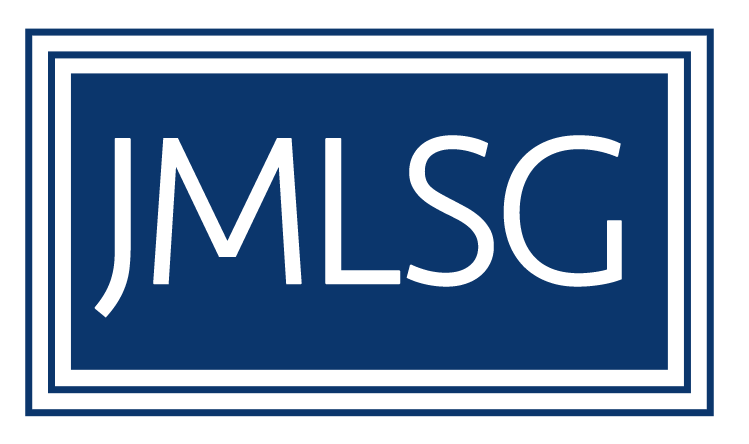This note is intended to provide signposting to areas within the JMLSG Guidance that are impacted by the completion of the UK’s exit from the European Union on 31 December 2020.
JMLSG Guidance is based on The Money Laundering, Terrorist Financing and Transfer of Funds (Information on the Payer) Regulations 2017 (MLRs) (as amended), which sets out the statutory obligations for regulated firms in combating money laundering and terrorist financing.
Before legislative amendments to take Brexit into account were made, certain provisions in the MLRs were derived from the UK’s membership of the EU. There are still some references in JMLSG’s Guidance based on the premise of the UK’s membership of the EU, which were in turn based on those provisions in the MLRs (prior to legislative amendments). These are therefore no longer appropriate and will be amended accordingly in due course.
Areas within the Guidance that are affected are:
- The definition of a ‘third country’ has become a country other than the UK, as opposed to outside the European Economic Area (EEA). EEA entities are therefore third country entities for the purposes of AML.
- Part III Section 1: The same level of information is to be provided by UK Payment Service Providers (PSPs), regardless of whether funds are being transferred to/from EEA countries or any other third country. UK PSPs should take into account relevant legislative changes, including The Money Laundering and Transfer of Funds (Information) (Amendment) (EU Exit) Regulations 2019, when ensuring that complete Payer and Payee information accompanies all outbound wire transfers and when detecting non-compliant incoming wire transfers.
- Specific references to observing European Supervisory Authority (ESA) guidelines within the Guidance are no longer appropriate.
- The end of the Brexit transition period has not in itself increased the inherent AML/CTF risks. With regard to correspondent relationships involving the execution of payments, firms should take cognisance of the effectiveness of the AML/CTF regime of any third country when determining the extent of the EDD measures to apply to respondents in that country.
